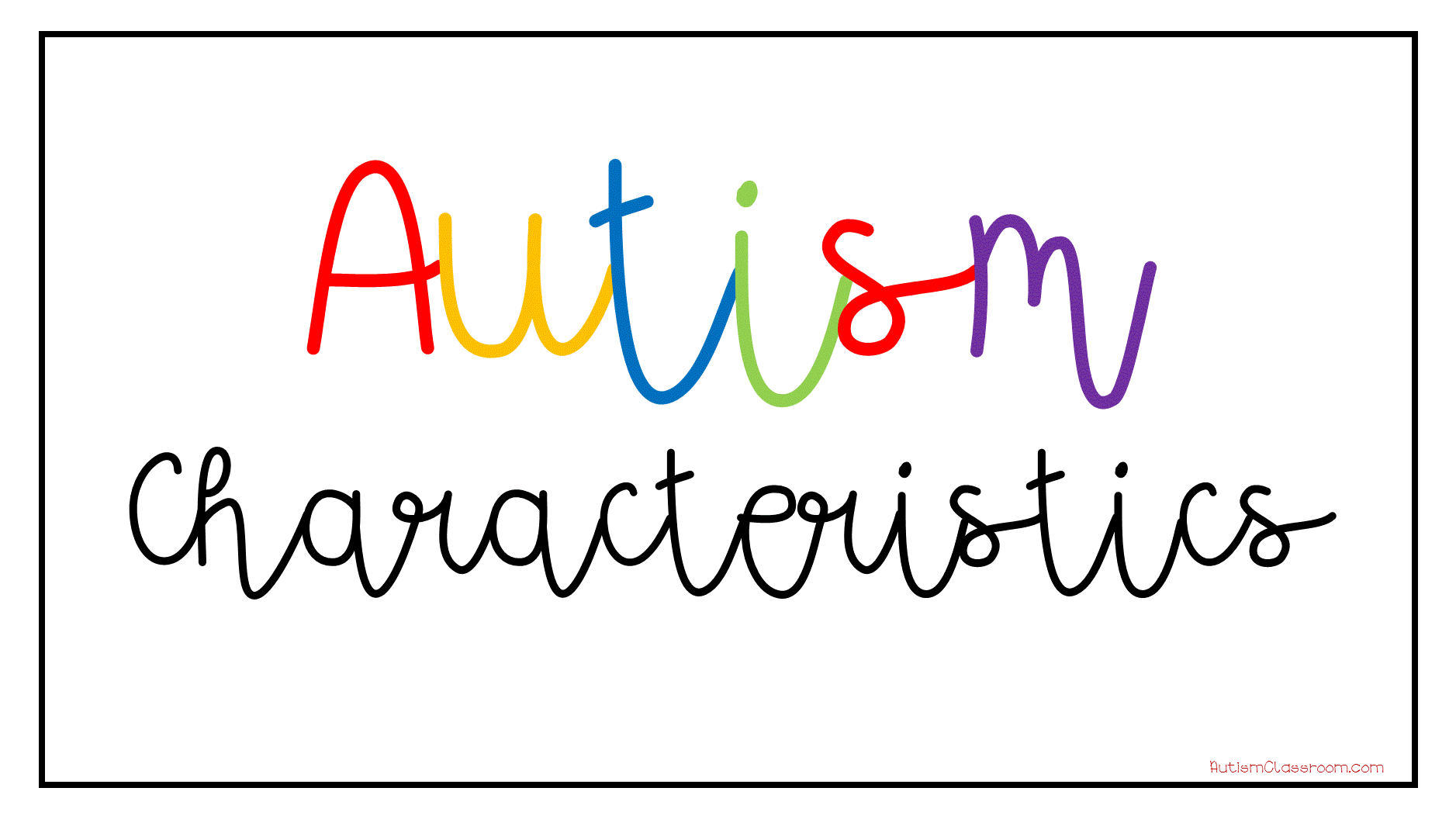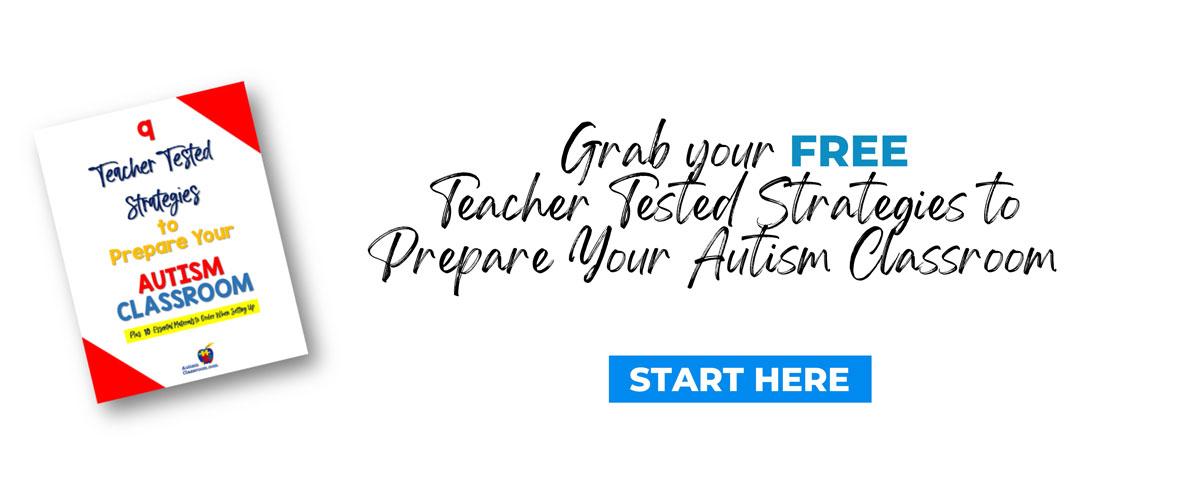 Inside: characteristics of autism, first signs of autism, asd autism information
Inside: characteristics of autism, first signs of autism, asd autism information
Understanding the first signs of autism is key to early intervention. Parents and caregivers may start to notice behaviors that seem different from other children their age. But what are the most common early indicators? Here are some questions to ask if to see if the first signs of autism are present or not.
Could These Be The First Signs of Autism in Young Children?
- Does your child insist on sameness and resist change? (Do they get upset when routines are disrupted?)
- Does your child have difficulty expressing needs? (Do they point or use gestures instead of words?)
- Does your child repeat words or phrases instead of responding? (Do they echo language rather than engaging in back-and-forth conversation?)
- Does your child avoid eye contact? (Do they struggle to make or maintain eye contact during interactions?)
- Does your child prefer to be alone? (Does social engagement seem difficult or uninteresting to them?)
- Does your child seem unresponsive to verbal cues? (Do they appear not to hear when spoken to, even though their hearing is normal?)
- Is your child overly sensitive or under-responsive to sensory input? (Do loud noises, textures, or lights cause distress, or do they not react to them at all?)
If you're noticing first signs of autism in a child, early recognition from a licensed professional is needed and can make all the difference. The information they provide can help families make some choices that are right for them.
We know the term ASD autism (Autism Spectrum Disorder) reflects the wide range of challenges and strengths seen in those on the spectrum. Many children with ASD autism (Autism Spectrum Disorder) have unique ways of engaging with the world and there are some commonalities.
People with ASD autism (Autism Spectrum Disorder) may exhibit some of the following traits. However, it is important to remember that each person is an individual and not all of the listed characteristics of autism will be seen in every person with ASD autism (Autism Spectrum Disorder). A few characteristics of autism are listed below.
Characteristics of Autism Related to Communication
- Delayed or Limited Speech Development – Some individuals may have difficulty developing spoken language or may remain nonverbal.
- Echolalia (Repeating Words or Phrases) – Echolalia is the repeating words or phrases instead of responding to the question or statement.
- Difficulty Understanding Figurative Language – Struggling to understand idioms (figures of speech), sarcasm, jokes or abstract concepts.
- Unusual Tone or Pitch – Speaking in a monotone, flat, or sing-song voice.
- Limited Use of Gestures – Difficulty using gestures like pointing, waving, or nodding to communicate.
- Struggles with Back-and-Forth Conversation – Challenges in initiating or maintaining conversations.
Characteristics of Autism Related to Social Interaction
- Limited or Avoided Eye Contact – Avoiding direct eye contact or finding it uncomfortable.
- Difficulty Understanding Social Cues – Struggling to interpret or understand facial expressions, tone of voice, or body language.
- Preference for Solitude – May prefer being alone rather than engaging in social activities.
- Challenges in Making and Maintaining Friendships – Difficulty forming peer relationships due to differences in social play and communication.
- Lack of Spontaneous Sharing – May not naturally point out interesting objects or experiences to others.
- Difficulty Understanding Others’ Emotions – Challenges in recognizing or responding appropriately to the feelings of others.
Characteristics of Autism Related to Behavior
- Repetitive Behaviors (Stimming) – Engaging in repetitive movements such as hand-flapping, rocking, or spinning.
- Strong Need for Routine and Predictability – Becoming upset by changes in schedule or environment.
- Intense, Focused Interests – Deep, sometimes obsessive interest in specific topics, objects, or activities.
- Sensory Sensitivities – Over- or under-reacting to sounds, textures, lights, or smells.
- Unusual Play Patterns – May prefer to line up toys rather than engage in imaginative or interactive play.
- Meltdowns or Emotional Outbursts – Difficulty regulating emotions, leading to frustration, anxiety, or meltdowns.

Characteristics of Autism Related to Strengths
- Strong Attention to Detail – Many autistic individuals notice patterns, small details, and inconsistencies that others may overlook.
- Deep Focus & Concentration – When interested in a subject, some people can focus intensely for long periods.
- Honesty & Authenticity – Being direct and truthful in communication.
- Strong Sense of Justice – May have a strong moral compass and a deep commitment to fairness.
- Talent in Specific Areas – Developing deep expertise in their interests may lead to innovation and mastery.
- Precision & Accuracy – May excel in structured tasks that require careful attention.
- Consistency & Reliability – Might thrive in environments where routine and consistency are valued.
Each person with ASD autism (Autism Spectrum Disorder) experiences these characteristics differently and to different degrees. This page can give a breakdown of signs of autism in girls, boys, babies and children. Again, characteristics of autism, vary in every person. So as it has been said before, if you meet one person with autism, you have met one person with autism. Don’t assume that everyone has the same story or experiences.
One book, that is a great read, helps us to see the unique qualities that each individual with autism brings to the table. More about this book from our affiliate can be found by clicking here.
Links to some of our articles about characteristics of autism and related information can be found below.
More About Autism
Criteria for Autism
Social Skills Strategies for Children with Autism
If you are you are a parent navigating daily challenges you might like the information from this set of emails.
If you are an educator looking for classroom strategies,
or a therapist seeking effective interventions,
our tools are designed to provide guidance and support.
You may like the information from this set of emails.


